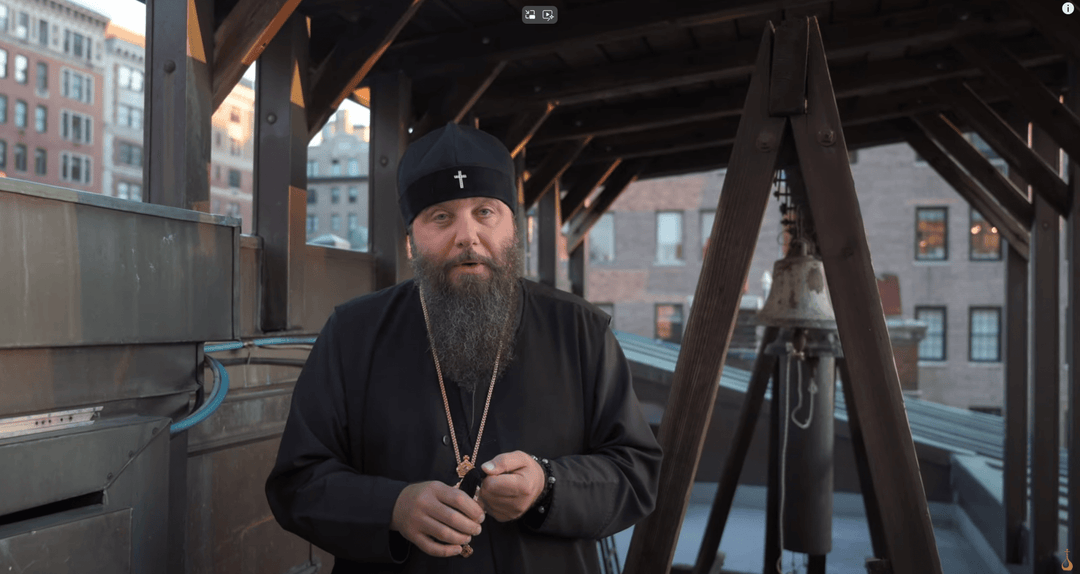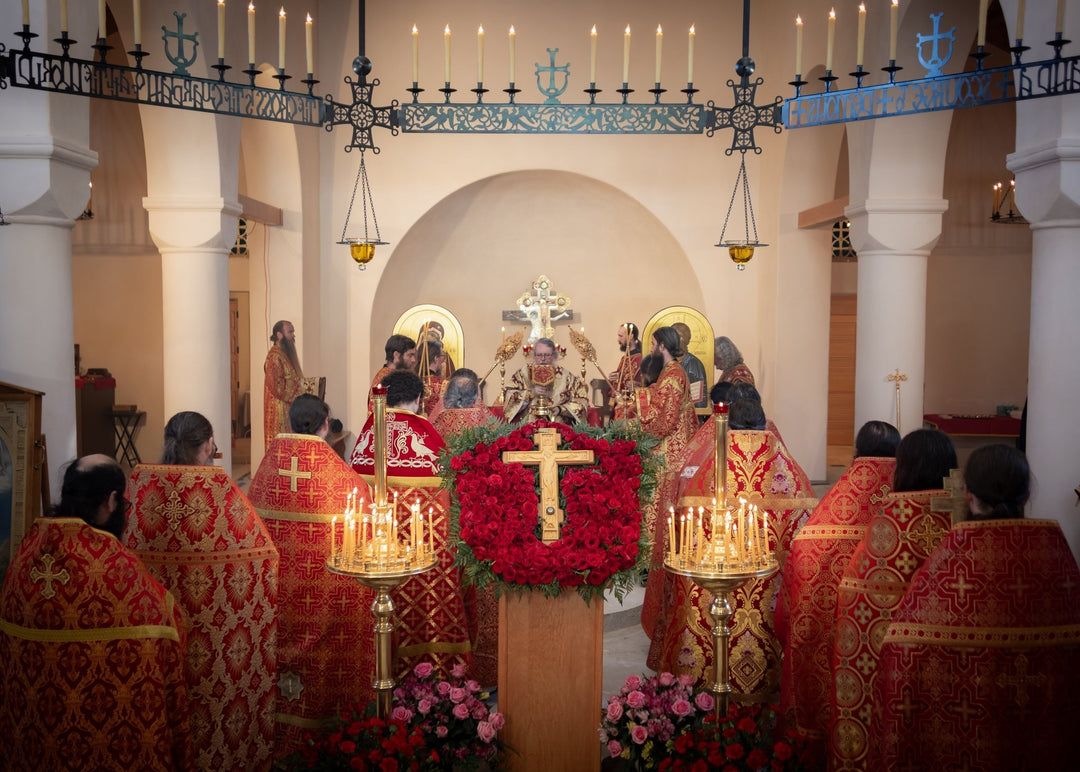Sermons & Homilies
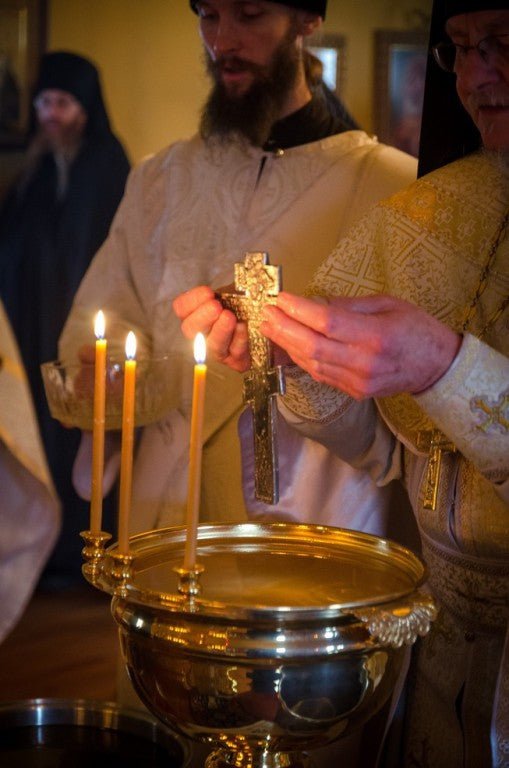
In the Gospel reading today, on this Sunday after Theophany, we hear the very first sermon that Christ ever gave in his public ministry: “Repent! For the Kingdom of God is at hand!”
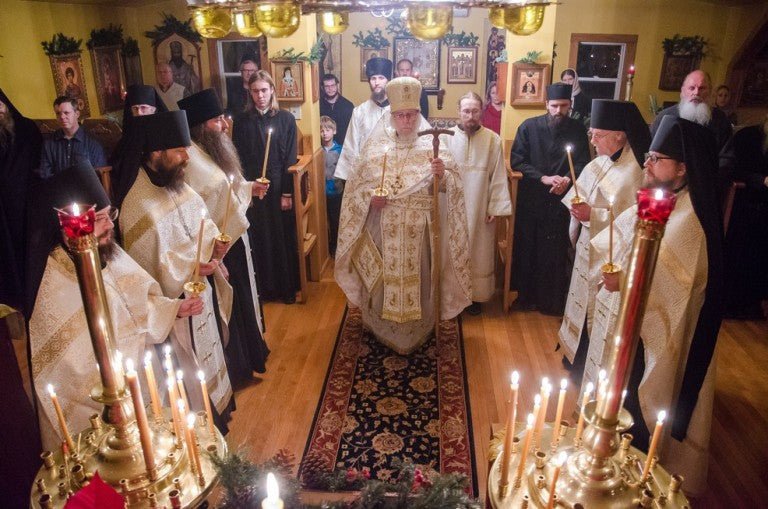
The Feast of the Nativity of Christ is about God, the invisible, the undepictable, becoming visible, becoming incarnate and walking among us. But there is another side to this feast that we often forget.
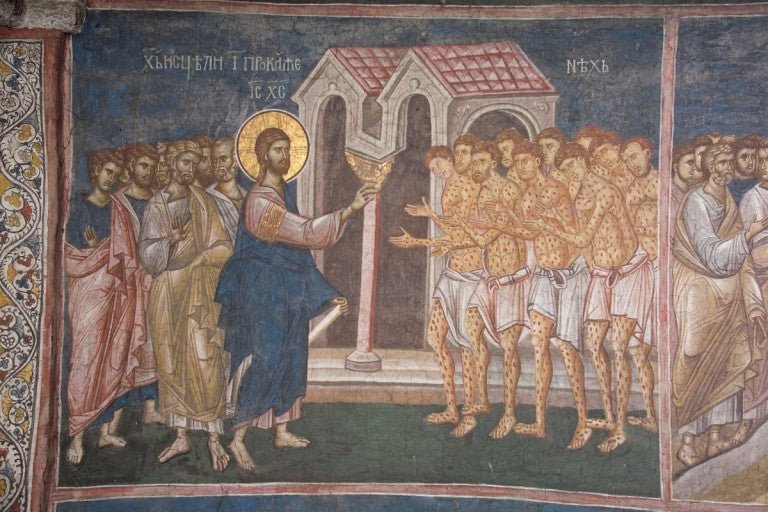
Today’s Gospel is, simply put, about gratitude. We can sum up the message of today’s Gospel rather easily: Gratitude is a rare quality, but it is praised by Christ and gratitude for all that we have received from God leads to a deeper relationship with Him and to new and better good things.
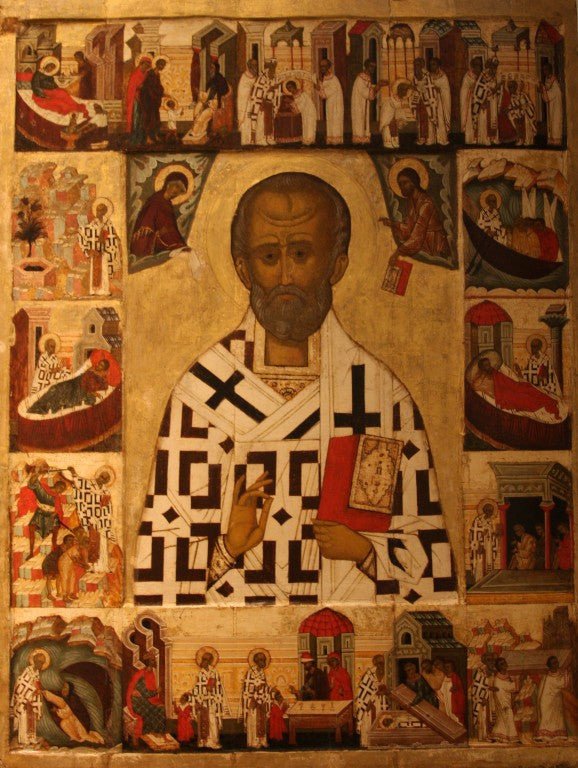
Some time ago I remember overhearing a child ask her mother: ‘Mummy, why does Father Christmas have a beard? And why does he wear such funny clothes?’ Her mother could give no adequate answer, quite simply because she was not an Orthodox Christian. All Orthodox should know the answer to the child’s questions. Father Christmas, or Santa Claus, has a beard and wears such unusual clothes because he is the folklore version of an Orthodox bishop – St Nicholas. Who was St Nicholas?
Today we celebrate the feast of the Kursk Root Icon of the Mother of God of the Sign. This special, miraculous and wonder-working icon is the protectress of the Russian Orthodox Church Abroad. She intercedes especially to the Lord for all Orthodox in this land and in the diaspera. She is abundant grace to the faithful, healing to the infirm, a light to monastics and a beacon to all those who truly seek Her Son, Our Lord Jesus Christ.





